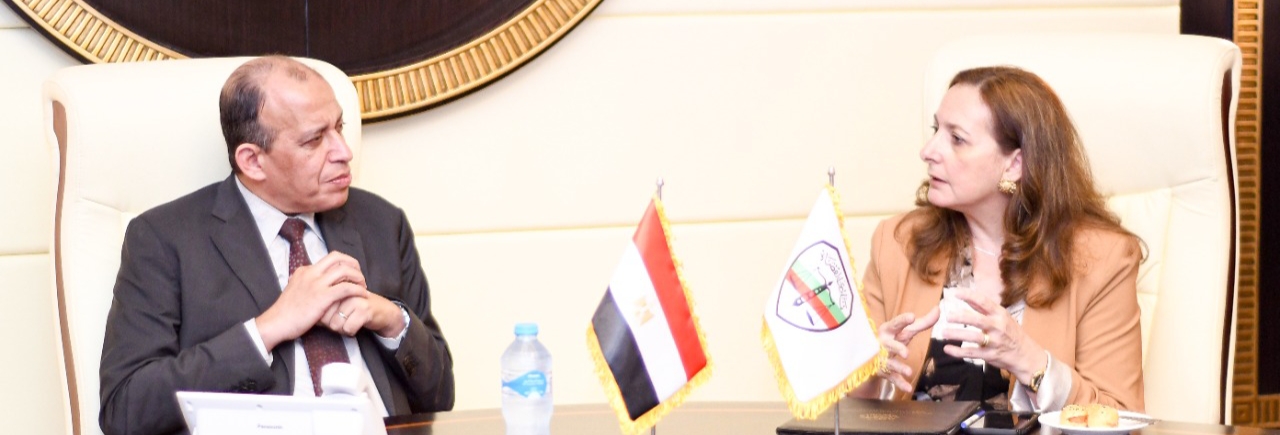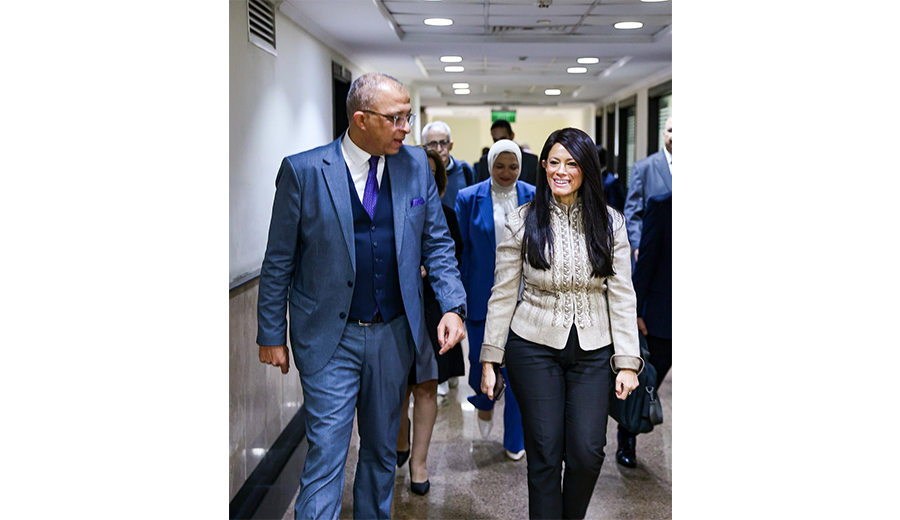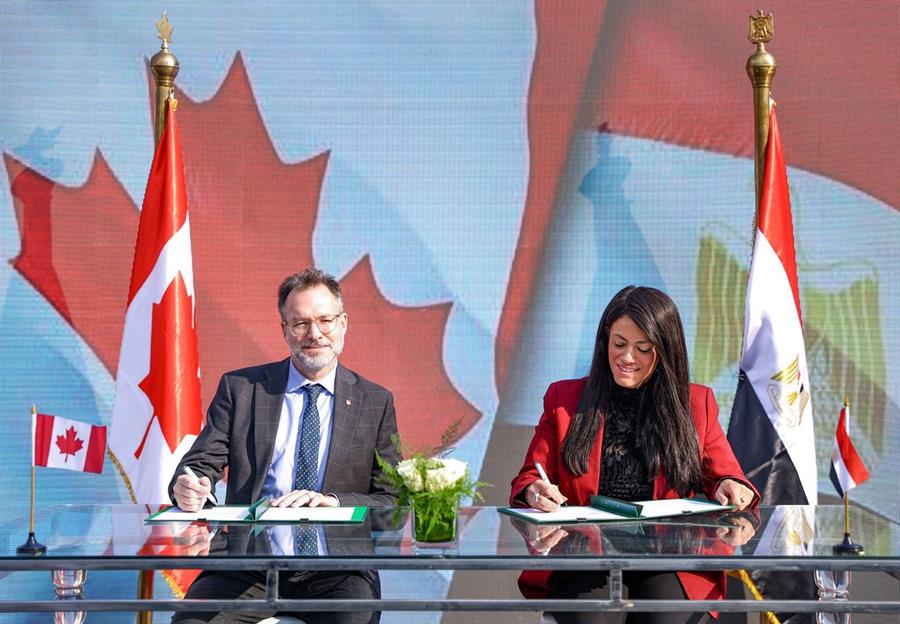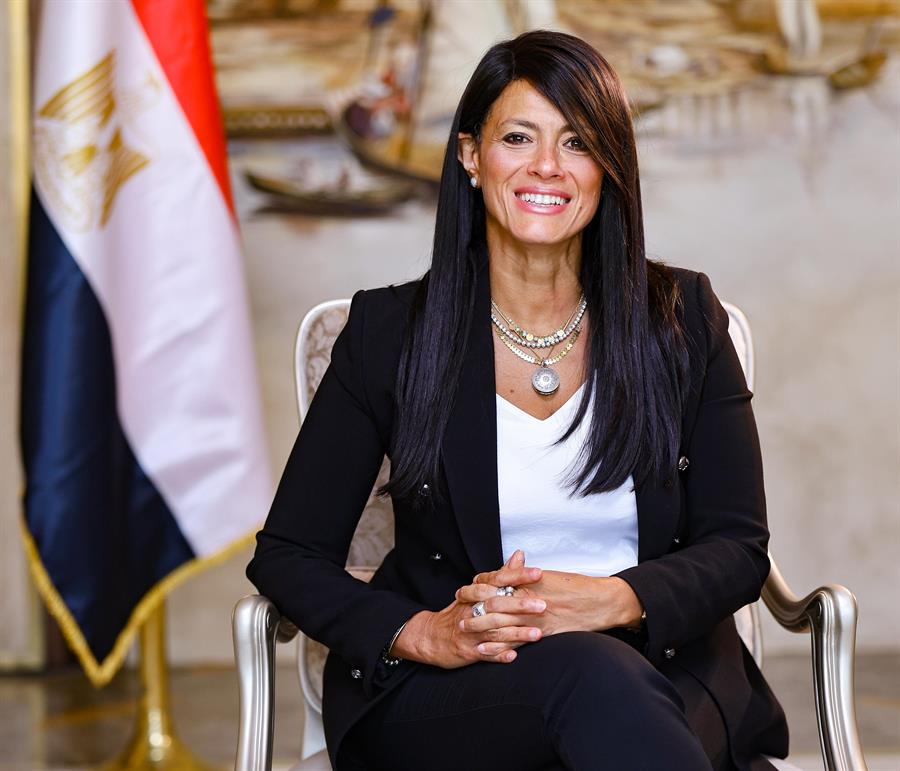NIGSD signs MoU with Judges Club of Egypt in the field of building human capacities

12 November 2021
The National Institute for Governance and Sustainable Development (NIGSD), the training arm of the Ministry of Planning and Economic Development, signed a memorandum of understanding with the Judges Club of Egypt in the areas of building and developing human capacities.
After signing the memorandum of understanding, Dr. Sherifa Sherif who is acting as the Executive Director of the National Institute for Governance and Sustainable Development (NIGSD) said that this memorandum comes out of full awareness of the importance of cooperation between effective and influential institutions in the Arab Republic of Egypt. She noted that the signing of the aforementioned MoU also came as recognition of the importance of the role played by NIGSD in training, qualifying, and raising the knowledge and skills of workers in the public and private sectors.On the activities of cooperation, Sherif explained that, according to the memorandum, the two parties agreed that cooperation would include joint support for the sustainable human development process through the design and implementation of activities related to the development of human capabilities of judges.Counselor/ Mohamed Abdel Mohsen, Chairman of the Board of Directors of the Judges Club of Egypt, indicated that the signing comes within the framework of the performance of the Judges Club of Egypt and its role in spreading public and legal culture and developing the skills and administrative capabilities of the judges.For his part, Mr. Nabil Fouad, Director General of the Business Development and Human Resources Department at NIGSD stated that this cooperation comes within the framework of the Institute’s approach of forming partnerships with relevant local and international institutions, adding that the development of the human factor comes as an integral part of the reform and construction process.
The signing of the memorandum of understanding was also attended by Mr. Wael Qamar, NIGSD's legal advisor, Dr. Rehab Farraj, Director General of the Human Capacity Development Department, and advisors Mahmoud Al-Marghani, and Hazem Abu Sedira, judges at the Court of Cassation and members of the Board of Directors.









